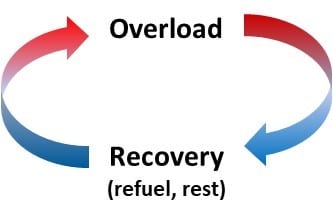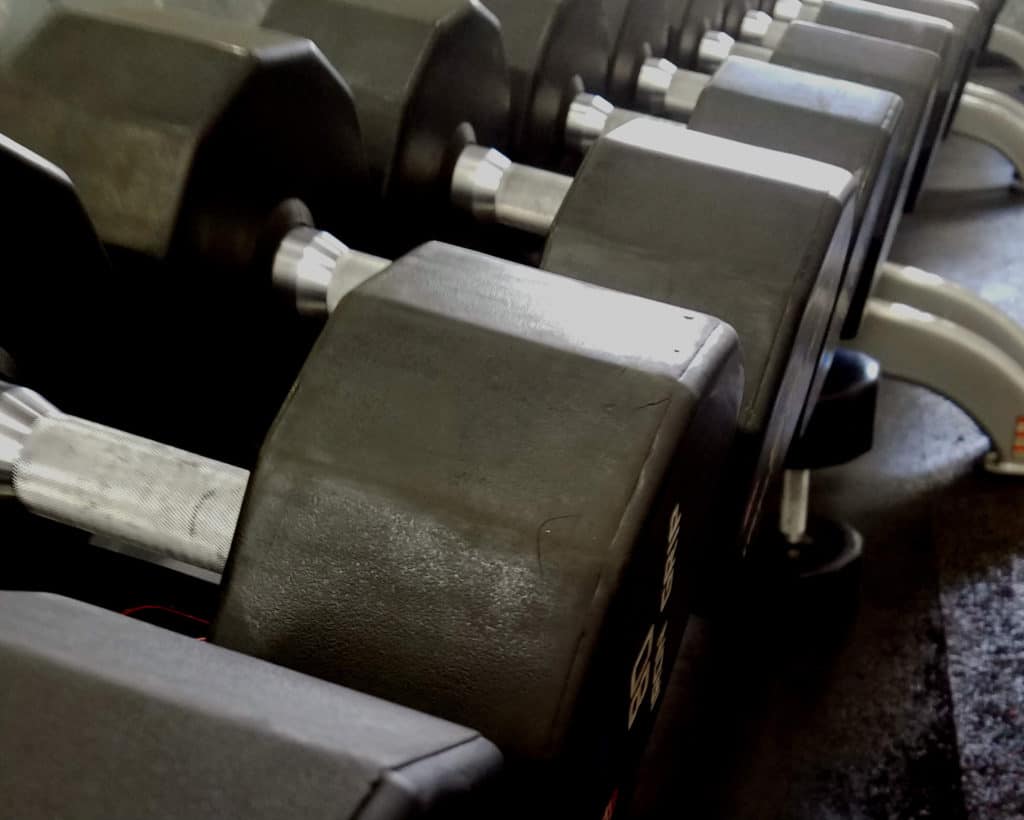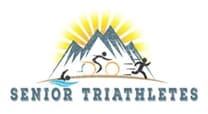How to Improve Triathlon Training Results

You have followed your triathlon training plan to the last detail. Still, you wonder if there are other things you can do to improve the results of your training and, therefore, help you be more competitive or at least better prepared for your first or next triathlon.?
The quick answer is ‘Yes’. There are factors outside training that can help you improve your triathlon training results. There are others that can negate some improvements in training. And, there are others whose effect simply ‘depends’.
Background
In Six Principles of Triathlon Training for Seniors, we identified the need to consider the unique needs of seniors, especially those involved in endurance sports like triathlon. That post specifically highlighted the need to consider the physiological changes that come with aging and how we rest, eat, hydrate, and stretch after training.
The goal of this post is to help you identify other changes in your triathlon training that can make you a higher performing senior triathlete.
Natural Processes
The human body becomes stronger by repeating a process involving overload, followed by rest and recovery. Adaptation is another name for this process.
For adaptation to produce the results we want, we must manage both the overload and the rest and recovery portions. Too much or too rapid of an increase in overload can cause injury and an extended time away from the activity (e.g. swimming, biking, running). On the other hand, incomplete recovery prevents the complete benefit of the overload from being realized.
To balance progressive overload while avoiding injury, the ideal training plan will involve sessions in which the total stress increases in a controlled manner. Each session is followed by a period of recovery that allows for healing from the effects of this stress (e.g. micro tears of muscle fibers). It is during the recovery period when gains from training become cast into our body.
With time at the same level of stress, progress will slow and even stop. This explains why repeating a routine may initially result in muscle soreness but later produce no soreness and actually feel too easy.
It also explains the need to increase the stress over time or vary it regularly (called periodization) for strength and endurance to increase.
Ways To Boost Training Results
According to Steve Magness in The Science of Running [Affiliate disclosure], there are actions we can take to increase the benefits of our training.
“Amplifiers of adaptation are anything that may boost our subsequent adaptation either by acting early and increasing the stimulus or by increasing the conversion of that stimulus to an adaption by bolstering recovery from the workout.”
Given the overload-recovery process mentioned above, we can look at two areas for improvement. The first is increasing the efficiency of the workout. The second is to recover more completely using the body’s God-given processes.
Increasing Efficiency
One strategy for increasing the benefit of workouts is to train our body to be more efficient. We can implement this by pushing it to use muscle fibers not normally used in a particular training session. One approach is to repeat a training session within the same day. The second routine will be done with the body in a fatigued condition.
A second way to make our training more efficient is by creating situations that require our body to use fuel sources not normally called upon. For this, we can use longer bike rides and runs. However, if your training involves relatively short distances, as those of sprint triathlon, then another way to approach this is by training in a fasted condition.
Faster, More Complete Recovery
During recovery, the body repairs itself. For example, while we rest after intense exercise, micro-tears in muscle fibers heal. With the correct amount of overload followed by complete recovery, which includes sleep, the result is a stronger muscle than before the exercise.
Post exercise nutrition, especially involving protein, and hydration also contribute to faster, more complete healing and recovery of our body.
In addition, the masters athlete should consume an additional 40 grams of protein after hard exercise for muscle repair and recovery as soon as possible after finishing the session.
What Masters Athletes Need To Know About Nutrition
There is also news my wife, Joy will whole-heartedly embrace. Research has shown that post exercise massage can also improve recovery.
According to research led by Dr. Mark Tarnopolsky at McMaster University (Hamilton, Ontario, Canada), massage after hard exercise increased mitochondria formation. Additional mitochondria produced faster healing of the muscle. In one study, massage after hard exercise also reduced indicators of cellular stress and inflammation.
Actions That Limit Training Results
The inflammatory cycle arising from exercise involves repair of micro tears and strengthening of the previous damaged tissue. Interfering with this natural cycle of overload and recovery reduces the benefits that come from training.
Speeding Up Recovery
One of the most common mistakes in executing a training plan is to accelerate recovery. Artificially speeding up recovery dampens the response to training and, therefore, reduces the benefits of the hard work.
The adage ‘No pain, no gain’ takes on new meaning when we take anti-inflammatory drugs to dampen pain after exercise. Doing so actually interrupts the natural recovery process. The result is to reduce the gains that would have been realized had nature been allowed to take its course.
We can say the same about taking synthetic anti-oxidants after hard exercise.
Oxidation that comes from exercise is one of the main triggers for mitochondria production. This is good in that mitochondria convert the energy we take from food into energy required for operation of our trillions of cells.
Synthetic anti-oxidants trick the body into minimizing the negative effects of oxidation. The result is a blunting of what would have been the production of good mitochondria.
Interestingly, research has also shown that these negative effects do not accompany naturally occurring antioxidants, such as those coming from tart cherries and berries. Apparently, our bodies know what to do with real food so incorporate it into the recovery process.
Interfering With Recovery
Sleep is arguably the most important part of recovery. Therefore, environmental factors (temperature, light level, noise) and behaviors that interfere with sleep will hinder recovery.
However, as noted in Rest and Recovery: Why It’s Important for Senior Triathletes, “rest doesn’t have to mean retiring to the sofa”. Cross training is an excellent way to train during recovery while deriving the benefits of exercise.
Approaches With Mixed Triathlon Training Results
Other factors to consider in training include:
- Caffeine consumption
- Mental and emotional stress
- Carbohydrate intake before and during training
- Strength training in combination with endurance training
- Heat and humidity
- Altitude
Several of these have mixed results based on their contribution to total stress. If the additional stress from one or more of these takes the total stress of a routine into an unhealthy zone, results can be negative. Caffeine consumption, mental and emotional stress, heat and humidity, and altitude contribute to the total stress of a workout.
Results of others, such as strength training, depend on the timing of the exercise within a routine. For example, strength gains from weight training will be greater when running before the strength workout than in the reverse order.

Caution: Be Careful When Trying to Improve Your Triathlon Training
Training is most consistent when training stimulus or stress increases gradually. The commonly held rule of thumb is to avoid increasing stress over 10% per session. This rule of thumb has plenty of critics. However, it has proven effective for me.
This means, for example, that the weight included in an exercise not increase over 10% from one session to the next. Or, it means not increasing the distance run by over 10% from one run to the next.
Share Your Questions and Experience in the Comments Below
What is your experience related to the comments in this post?
